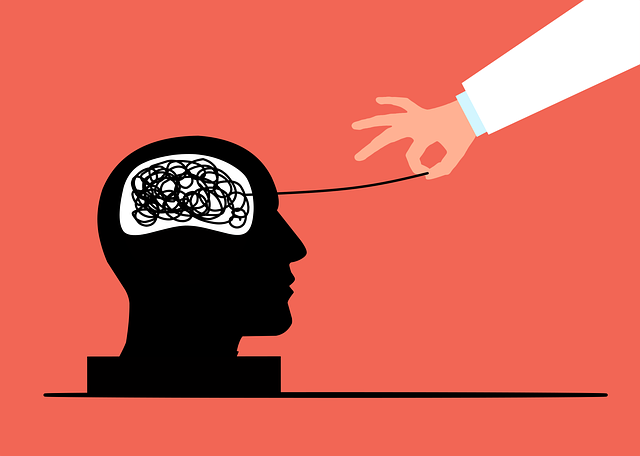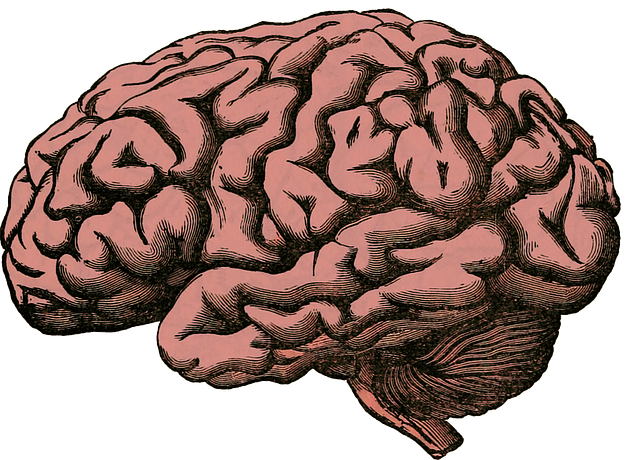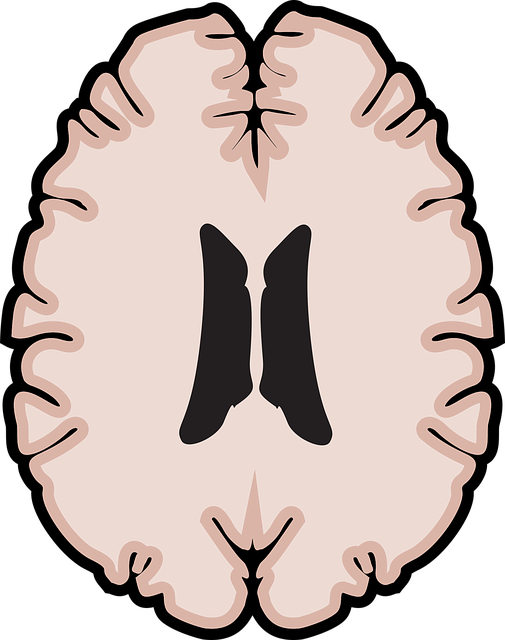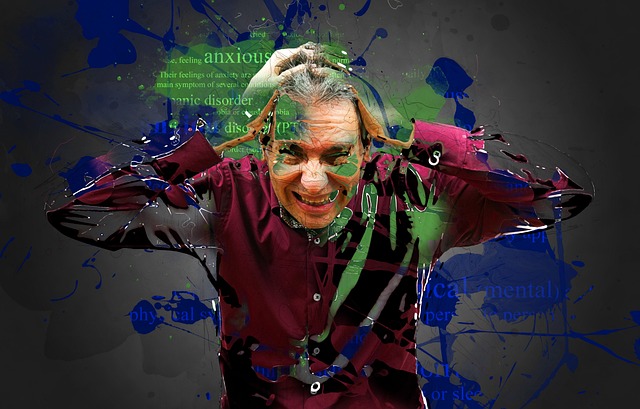Centennial Hypnosis Therapy champions mental health advocacy by destigmatizing issues, raising awareness, and empowering individuals through open dialogue. Using alternative treatment methods like hypnosis, they help clients manage moods, improve self-esteem, and develop healthy self-care routines. Through community engagement, including workshop events and social media, the therapy center reduces stigma and fosters a supportive environment. They tackle challenges like burnout and lack of access by integrating telemedicine, promoting self-care, and running Mental Health Awareness campaigns. Measuring success through surveys and observations ensures impactful improvement in emotional regulation and social skills training.
Mental health advocacy initiatives are pivotal in fostering well-being and creating supportive communities. This article explores various aspects of mental health activism, from understanding its core principles to examining practical strategies like those employed by Centennial Hypnosis Therapy. We delve into community engagement methods, discuss common challenges, and provide insights on measuring the impact of such initiatives. By addressing these topics, we aim to equip readers with knowledge and tools to contribute to a healthier, more inclusive society.
- Understanding Mental Health Advocacy: A Necessary Conversation
- The Role of Centennial Hypnosis Therapy in Promoting Well-being
- Community Engagement: Building a Supportive Network
- Challenges and Barriers to Advocacy: Strategies for Overcoming Them
- Measuring Impact: Evaluating Success in Mental Health Initiatives
Understanding Mental Health Advocacy: A Necessary Conversation

Mental health advocacy is a vital conversation that requires attention and immediate action. It involves raising awareness, challenging societal stigma, and promoting understanding of mental health issues. This initiative is crucial in ensuring everyone has access to resources and support for their well-being. At Centennial Hypnosis Therapy, we believe that talking about mental health openly can lead to significant improvements, such as enhanced mood management, self-esteem improvement, and the development of a robust self-care routine for better mental health.
By advocating for mental health, we foster an environment where individuals feel empowered to seek help without fear of judgment. This conversation encourages community engagement, policy changes, and better integration of mental health services into everyday life. It’s about recognizing that mental health is just as important as physical health and deserves the same level of support and care.
The Role of Centennial Hypnosis Therapy in Promoting Well-being

Centennial Hypnosis Therapy plays a pivotal role in promoting mental well-being by offering alternative treatment methods that are often underutilized but highly effective. Through its unique approach, hypnosis facilitates profound changes within the mind, helping individuals to overcome various mental health challenges. This therapy technique accesses the subconscious mind, where many of our habits, fears, and limiting beliefs reside, allowing for a direct line of communication that can alter thought patterns and behaviors.
One of the key benefits of Centennial Hypnosis Therapy is its ability to enhance Social Skills Training and Coping Skills Development. By guiding clients into a state of deep relaxation, hypnosis enables them to address traumatic experiences, manage stress, and develop healthier coping mechanisms. Furthermore, risk assessment for mental health professionals can be improved through this method as it facilitates better understanding of the client’s inner world, leading to more accurate diagnoses and personalized treatment plans.
Community Engagement: Building a Supportive Network

In the fight against mental illness stigma, Centennial Hypnosis Therapy recognizes the power of community engagement as a key strategy. By fostering strong connections within their local networks, they aim to create an environment where individuals feel supported and understood. This involves active participation in Community Outreach Program Implementation, allowing them to directly interact with potential clients and educate the public about mental health concerns. Through these efforts, the therapy center hopes to facilitate open conversations, dispelling myths, and reducing the Mental Illness Stigma Reduction Efforts.
Effective communication is at the heart of this initiative. Utilizing various Communication Strategies, Centennial Hypnosis Therapy reaches diverse audiences, ensuring that their message resonates with people from all walks of life. This could include hosting workshops, participating in community events, or leveraging social media platforms to share resources and personal stories, ultimately weaving a supportive tapestry within the community.
Challenges and Barriers to Advocacy: Strategies for Overcoming Them

Mental health advocacy initiatives face numerous challenges and barriers. One significant hurdle is the stigma surrounding mental illness, which often deters individuals from seeking help or openly discussing their struggles. This stigma can stem from lack of understanding, fear of judgment, or societal misconceptions. To overcome this, education and open dialogue are crucial. Organizations like Centennial Hypnosis Therapy play a vital role by providing resources and platforms for informed discussions, helping to dispel myths and foster empathy.
Another barrier is the lack of accessibility to quality mental health services, particularly in underserved communities. Burnout prevention is also critical, as advocates must maintain their own well-being to effectively support others. Strategies to address these challenges include expanding access through telemedicine, integrating self-care routine development for better mental health into community programs, and promoting Mental Health Awareness campaigns that emphasize the importance of regular check-ins and early intervention.
Measuring Impact: Evaluating Success in Mental Health Initiatives

Measuring the impact of mental health advocacy initiatives is a crucial step in understanding their success and effectiveness. It involves evaluating how well these programs address specific issues, such as improving emotional regulation, preventing burnout, and enhancing social skills training. By setting clear goals and utilizing robust evaluation methods, organizations like Centennial Hypnosis Therapy can assess the tangible benefits brought to individuals and communities.
This process includes collecting data through surveys, interviews, and observation to gauge participant satisfaction, behavior changes, and overall well-being. Such metrics provide valuable insights into the initiative’s reach and impact, helping to identify areas of improvement. Additionally, measuring success allows for better allocation of resources, ensuring that mental health advocacy efforts are not only making a difference but also maximizing their potential.
Mental health advocacy initiatives, such as those facilitated by Centennial Hypnosis Therapy, play a pivotal role in fostering well-being within communities. By combining therapeutic practices with community engagement, we can overcome challenges and barriers to create supportive networks that positively impact mental health. Measuring the success of these initiatives is essential for evaluating their effectiveness and ensuring they reach those who need them most. Through collaborative efforts and innovative strategies, we can revolutionize mental healthcare, making it more accessible and impactful for all.








